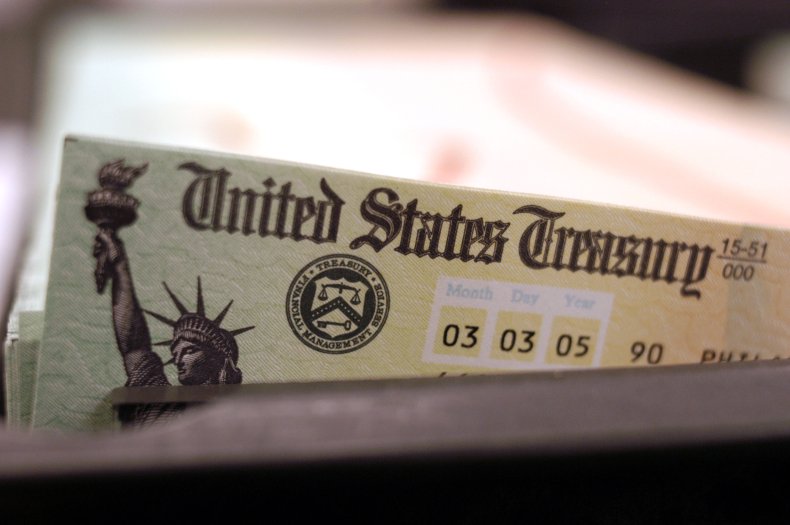-
Why Americans Got an Extra Social Security Check Today - September 29, 2023
-
A portion of Mulholland Drive, damaged by mudslides in winter storms, reopens - May 26, 2024
-
‘Maybe You Don’t Want to Win’ - May 26, 2024
-
Donald Trump Putting Law Enforcement in Danger: Attorney - May 26, 2024
-
Avoid the waters of these 5 L.A. County beaches this holiday weekend, public health officials say - May 26, 2024
-
Bawdy Comedy ‘Anora’ Wins Palme d’Or at Cannes Film Festival - May 26, 2024
-
Map Shows Heat Wave Zone Spread Into Five New States - May 26, 2024
-
Azusa police arrest suspected slingshot-wielding vandal - May 25, 2024
-
Donald Trump Hammers Judge Ahead of Jury Instructions - May 25, 2024
-
Sometimes U.S. and U.K. Politics Seem in Lock Step. Not This Year. - May 25, 2024
Why Americans Got an Extra Social Security Check Today
Americans who receive Supplemental Security Income (SSI) or Social Security payments will get a bonus check today—sort of.
A peculiarity in the payment schedule means that eligible recipients received one check on September 1 and an additional one Friday because October 1 falls on a Saturday. Payments typically come out on the first of the month.
However, since two checks will be dispersed in September, it means that recipients won’t again receive a check until November.
“If your regularly scheduled payment date falls on a Saturday, Sunday or legal public holiday, benefits will be paid the business day before your due date,” the Social Security Administration (SSA) states on its website on its frequently asked questions (FAQ) page.
This is the third time this has happened, the first and second being in March and June, respectively. It will also occur again in December, which means recipients will not receive any checks in January 2024.
Social Security benefits depend on multiple factors that will differ by recipient and household, such as work history and the age someone began collecting. The more credits earned over the course of employment, the more benefits received until the program’s camp.
The later one collects benefits, up to age 70, the more benefits they will receive.
One can receive up to $3,627 in Social Security benefits this month if they began collecting benefits at the full retirement age of 67, according to Nasdaq. Those who started collecting at the earliest age of 62 will receive up to $2,572, and those who began collecting at age 70 will receive up to $4,555.
The SSA says that the average collected by retirees is approximately $1,838.
October is an important month as the SSA will announce seniors’ cost of living adjustment (COLA), which according to policy groups like The Senior Citizens League (TSCL) will be 3.2 percent—an increase of 3 percent from their August prediction, raising an average monthly retiree benefit of $1,790 by $57.30.

William Thomas Cain/Getty Images
Due to a cooling of inflation amid other factors, the COLA pales in comparison to the current 8.7 percent retirees receive. That number announced nearly one year ago was the highest in four decades.
“It’s very difficult to save enough these days,” Mary Johnson, Social Security and Medicare policy analyst at TSCL, told Newsweek earlier this month. “You have to start earlier to really be able to set aside over a million dollars to even have an average of $40,000 per year income.
“If people are not working in that kind of job and haven’t put that kind of money aside, it’s very difficult,” she said.
Source link































